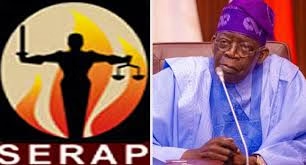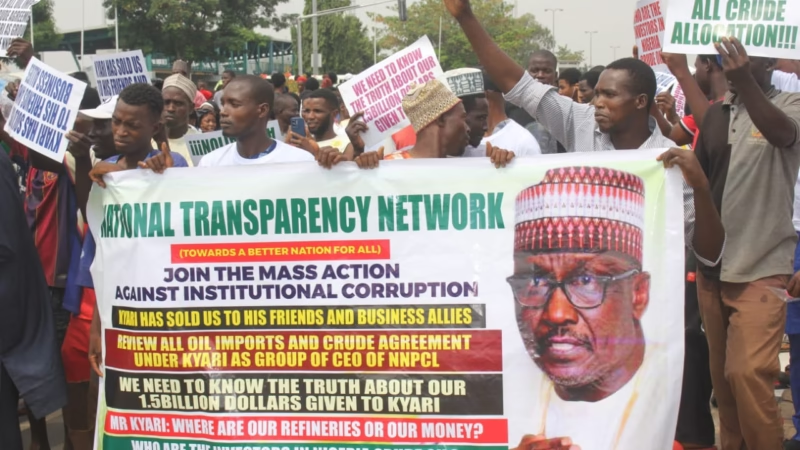SERAP Drags Tinubu To Court Over Telecom Tariff Hike

The Socio-Economic Rights and Accountability Project (SERAP) has filed a lawsuit against President Bola Tinubu for the alleged “arbitrary, unconstitutional, unlawful, unfair, and unreasonable 50% telecommunications rate increase” by the Nigerian Communications Commission (NCC).
The NCC, which recently approved a 50% telecommunications rate increase, also joined the lawsuit as a defendant. The suit, numbered FHC/ABJ/CS/111/2025, was filed last Friday at the Federal High Court in Abuja. SERAP is also asking the court to determine “whether the NCC’s unilateral decision to allow telecommunications companies to increase telecommunications tariffs by 50% is not arbitrary, unconstitutional, illegal, unfair, unreasonable, and inconsistent with citizens’ freedom of expression and access to information.
SERAP is also asking the court to declare that the unilateral decision by the NCC to allow telecommunications companies to increase their rates by 50% is arbitrary, unjust, unreasonable, inconsistent with citizens’ freedom of expression and access to information, and therefore unconstitutional and illegal, SERAP argues in its lawsuit that the law and constitutional provisions, as well as international standards on freedom of expression and access to information, constitute a repository of legality.
The suit, filed on behalf of SERAP by its lawyer, Ebun-Olu Adegboruwa (SAN), seeks to enjoin the NCC from enforcing any action that may be the subject of the suit, namely, the 50% increase in telecommunications tariffs, which is the subject of the lawsuit. imposes on the NCC a clear duty of fairness and reasonableness in the exercise of its authority to authorize a 50% increase in telecommunications tariffs; that the NCC, under the legal provisions on consumer rights, the Constitution and international standards on freedom of expression and access to information, has failed to comply with the laws, guidelines and other relevant legal framework enabling the NCC to make decisions based on a reasonable interpretation of the framework and to follow due process.



